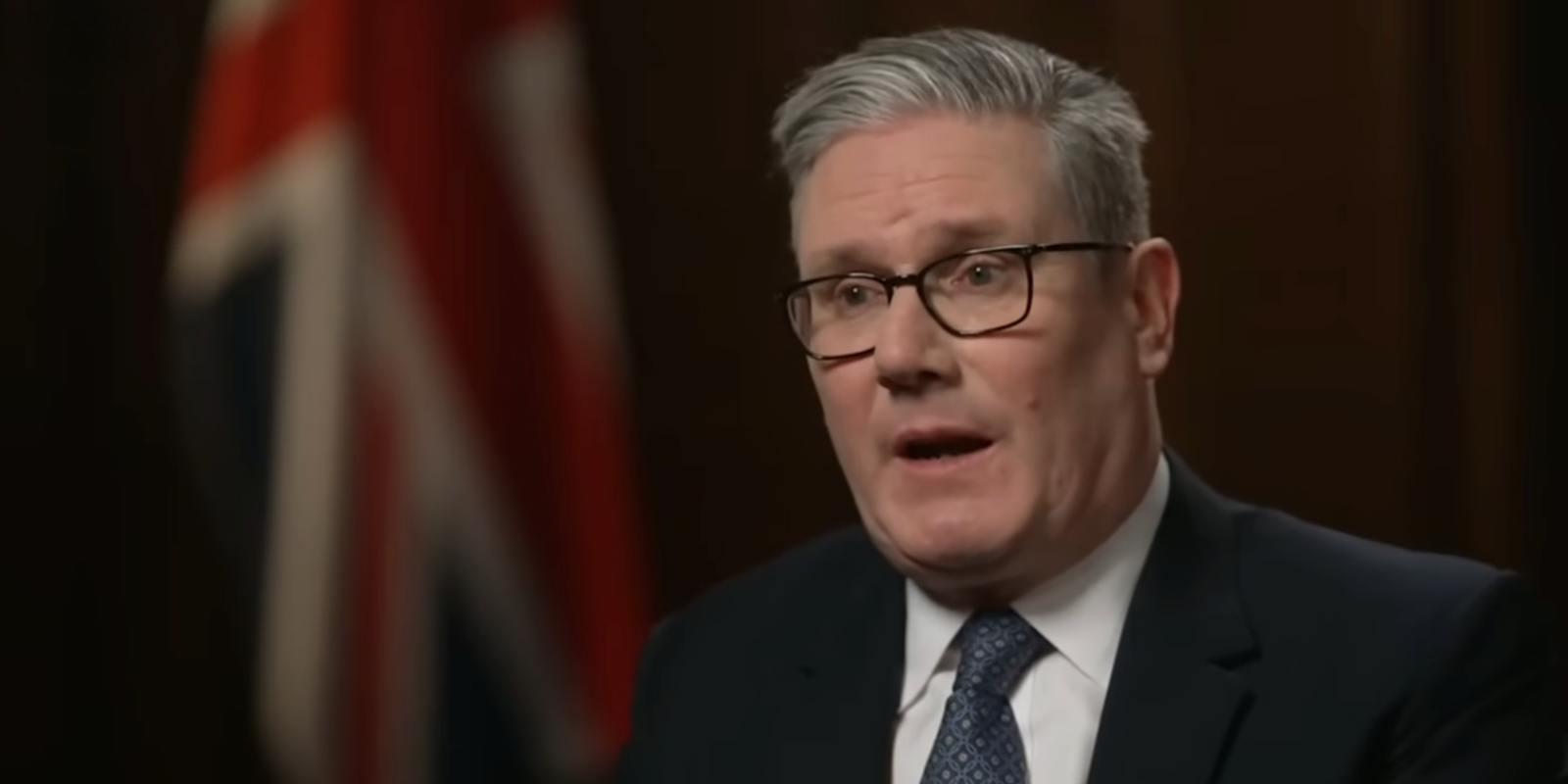This article originally appeared on heartland.org.
Contrary to projections made by environmental journalist Seth Borenstein in a widely reprinted article, 2014 will not be the hottest year on record.
Based on average surface temperature data for January–September 2014, Borenstein said the year is on pace to be the warmest in the modern instrumental record. He’ll be proven wrong.
Dr. Roy Spencer points out thermometers can’t measure global averages – only satellites can. Satellites measure nearly every square mile of Earth’s lower atmosphere daily. By contrast, there are many areas where one could travel hundreds of miles without finding a thermometer nearby.
According to the two main research groups tracking global lower-tropospheric temperatures – Spencer’s group at the University of Alabama – Huntsville and the Remote Sensing Systems group – the 2014 average temperature is significantly lower than those in 2010 and especially 1998. There’s no way the global average will increase enough in the remaining three months of the year to catch up.
Sparse coverage by land-based thermometers is one problem. A bigger problem is the “homogenization” or adjustments to the land-based data. When researchers actually throw out the real measured temperatures and replace them with guesstimates, the surface temperature record amounts to nothing more than garbage in, garbage out.
In addition, Spencer points out land-based measurements are biased as a result of location. “[L]land-based thermometers are placed where people live, and people build stuff, often replacing cooling vegetation with manmade structures that cause an artificial warming (urban heat island, UHI) effect right around the thermometer. The data adjustment processes in place cannot reliably remove the UHI effect because it can’t be distinguished from real global warming.”
Climate alarmists, who claim to be the champions of science, still “use the outdated, spotty, and heavily-massaged thermometer data to support their case,” wrote Spencer. They also continue to tout flawed climate models that have missed both the pause in warming and the slowing of the rise in sea levels. Spencer adds, “they sure do cling bitterly to whatever will support their case,” and he quotes British economist Ronald Coase: “If you torture the data long enough, it will confess to anything.”





